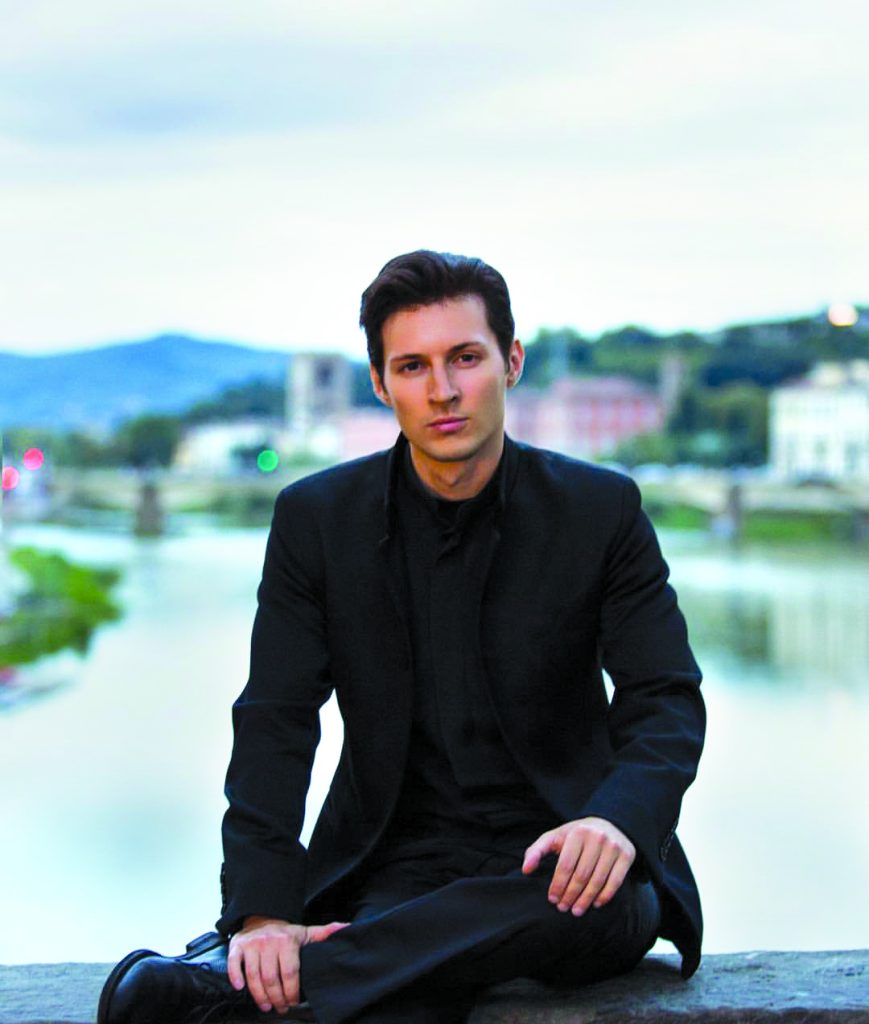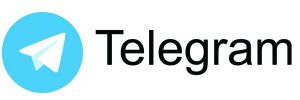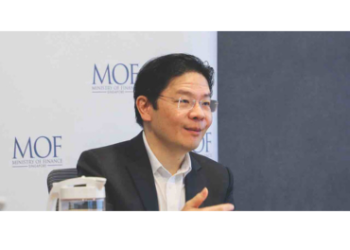Everyone knows Mark Zuckerberg from Facebook and Elon Musk from X. But there isn’t much known about Pavel Durov, the founder and owner of messaging app Telegram. He has been an enigma, just like his creation. Of Russian birth, his first creation was a social networking site called VK, which he operated from Russia. An advocate of free speech, it was not long before the Russian authorities were at his doorstep. Leaving his country of birth, Pavel created Telegram in 2013. He remained out of the spotlight, operating from Dubai, eventually emerging from the shadows after seven years to tell his story and distance himself from the specter of his birth country.
Words Jennifer Paldano Goonewardane.

Pavel Durov, Founder of Telegram app.
From the US government allegedly trying to surreptitiously hire one of his engineers to an attack on the streets of San Francisco after meeting with Twitter founder Jack Dorsey to being met by FBI agents at the airport, Pavel Durov has felt the pressure of running Telegram as an independent platform. Born in Russia in 1984, Pavel was somewhat of a prodigy growing up, studying in Italy until the fall of the Soviet Union when his family returned to Russia for his father to accept an assignment at the Saint Petersburg State University. He and his brother Nikolai were passionate about coding and designing, and returning to Russia with an IBM PC XT in the early 1990s opened the door for the siblings to teach themselves programming. His older brother Nikolai is a world-renowned mathematician and programmer who helped Pavel cofound VK and Telegram.
At 21, he launched VK in Russia, his version of a social networking app similar to Facebook, which became the most popular social networking site in Russia, Ukraine, Belarus, Kazakhstan, and several former USSR countries. VK was his baby, both the boss and the employee who did the coding and designing and dealt with customers, a platform that grew to 100 million users.

His first networking app thrived until 2011 when Russian authorities were hot on his trail. Under intense scrutiny, they pressured Pavel to block access to those using his app to organize anti-government protests. They went as far as demanding their private information. But he was not ready to betray his base. Finally, with two options: to comply with government demands or sell the company, Pavel chose the latter, valuing his freedom and those of his users and refusing government censorship on free speech. Outside Russia, he launched Telegram. His new app was encrypted, making it secure and private, with maximum space for free expression for its users.
However, even outside Russia, Pavel remained a mystery. His travails became harder when very little was known about him, helping to spread rumors about Telegram’s identity as an appendage of the Russian government, claims which Pavel says were encouraged by competitors who witnessed the exponential growth of the app, with nearly 900 million active monthly users, an organic growth without him spending a cent on marketing. When two and a half million users sign up daily, Pavel points out that Telegram naturally becomes a threat. Despite its size, his operation is simple, run with 30 of the best engineers, as he claims, through a decentralized system that has no human resource department and him as the sole product manager.
In Dubai, he has found the perfect place to operate. But only after he tried setting up his business in multiple countries with too many demands. Since 2017, it has been an uninterrupted journey in the Emirati, where Pavel ranks as the top destination for doing business. It has the right mix of ease of doing business, systems that aid entrepreneurs in setting up shop quickly, excellent infrastructure, an efficient tax system, and the flexibility to recruit people from anywhere in the world. Dubai’s status as a friend is an advantage to businesses like his that focus on defending their users’ right to privacy and freedom of speech.
While Telegram has enjoyed zero interference from the rulers of Dubai, outside governments have not been so, regarding Pavel suspiciously, his Russian roots adding to the distrust, demanding user information he has fiercely protected. Pavel distinguishes himself from other tech pioneers who openly support governments, are biased in their political views, often siding with political parties, and censor opinions on their platforms. He insists that his company roots for neither a ruling party nor an opposition in any country, and that’s where the UAE as a neutral base and Telegram as a neutral platform respecting people’s opinions and privacy meet.
However, according to Pavel, the most pressure on Telegram comes from Apple and Google, who demand that the messaging app comply with their guidelines, or face the inevitability of being taken off their stores. But that would be counterproductive to both, says Pavel, who has been calling for compromises the two platforms have refused to consider.
The free speech champion is the sole owner of Telegram. He has avoided taking his company public, skeptical of the influence of external investors on his values of free speech. According to Pavel, listed companies are not the most efficient, contrary to what many believe as being transparent, accountable, and efficient. Their very nature makes them inefficient, with a significant workforce and unnecessary departments and jobs with less oversight by those at the top, which he says was the case at Twitter when Elon Musk took over. Musk’s predecessors didn’t want to lay off staff when he told Dorsey that Twitter could do with just 20 staff members because they feared the layoffs would trigger panic on Wall Street. However, Musk did the opposite when he took the reins, making it private to implement changes, which included reducing staff. For Pavel, running a publicly quoted company is suboptimal.
In the meantime, he thinks Elon Musk acquiring Twitter was the best thing to happen to the social media platform, opening doors to innovation and efficiency, which was hitherto lagging outside Telegram and a handful of other companies in the last ten years, limited to big players merely copying proven models similar to those launched by Telegram to scale to a larger audience. Some companies have operated changelessly for years, while X is trying to innovate to improve the platform.
Although he’s not a regular fixture in the celebrity universe of techies, Pavel has met some of them. He had met with Mark Zuckerberg when he was still operating VK. What transpired at the meeting demonstrates the intense competition among the tech players. At the meeting, Zuckerberg wanted to know whether Pavel had plans to launch something globally, which the latter denied. At the same time, Zuckerberg had assured Pavel that he would not try to capture his users in the domestic market, and a few weeks later, both ended up doing just the opposite.
In the modern world, the right to privacy is under threat, according to Pavel, who alleges that governments are at the forefront of it, with their technological supremacy allowing them to curtail people’s right to privacy. However, being an optimist, he believes the future could create more secure communication devices to send messages or make voice calls. After all, he says the world develops in cycles and doesn’t have to move in one direction constantly, meaning that the current reality will not prevail permanently. The people will eventually emerge as the agents of change, changing the discourse the opposite way they did during the COVID-19 pandemic, with Telegram being a great enabler.
As a neutral platform, Telegram helped governments during the COVID-19 pandemic to disseminate information on lockdowns, mask mandates, and the vaccine. At the same time, he didn’t restrict opposing voices, opinions, and perspectives critical of government restrictions, allowing his users to voice their doubts about science and other events surrounding the pandemic, becoming one of the few platforms that did not censor public skepticism on COVID-19 related measures.
Not the characteristic tech billionaire who splurges his wealth on real estate, private jets, and yachts, which he considers burdensome, Pavel is an idealist who believes in equality of voice to both sides of the political divide while applying the rules equally to all, making it a neutral platform to share different perspectives and opposing views, thereby stimulating social progress and creating the path for a better world for everyone.
Information for this article was extracted from Tucker Carlson’s interview with Pavel Durov shown on the Tucker Carlson Network Channel





